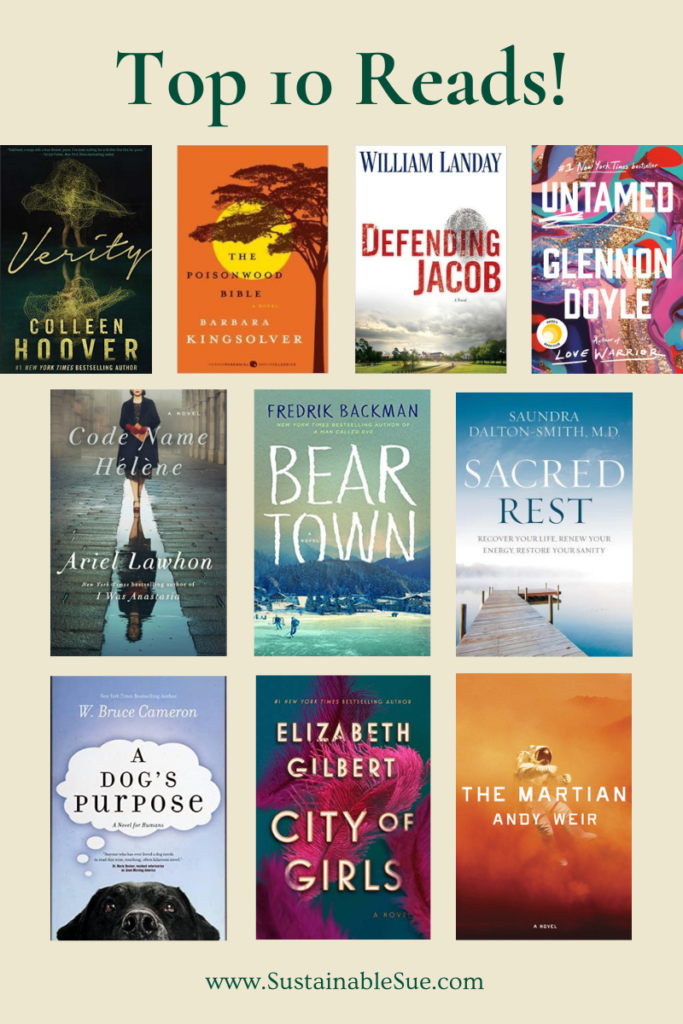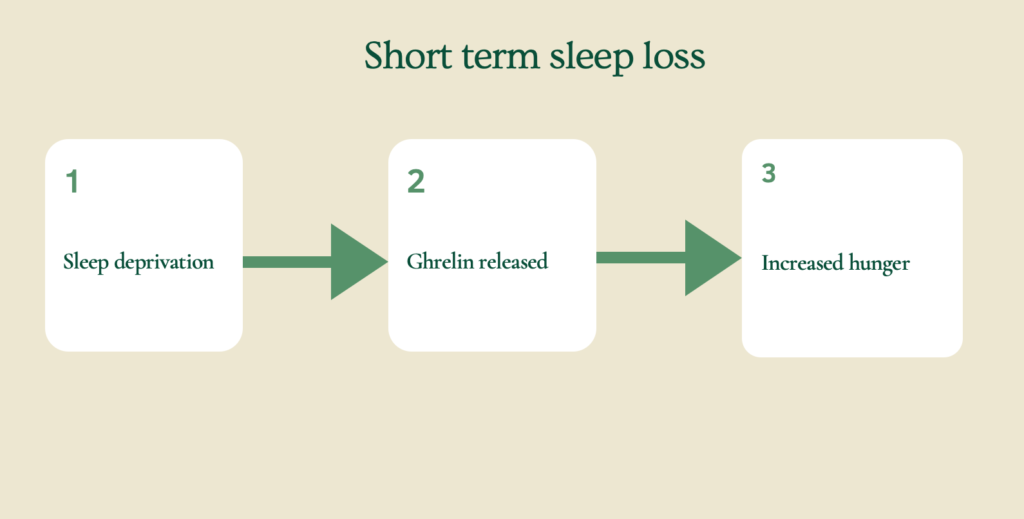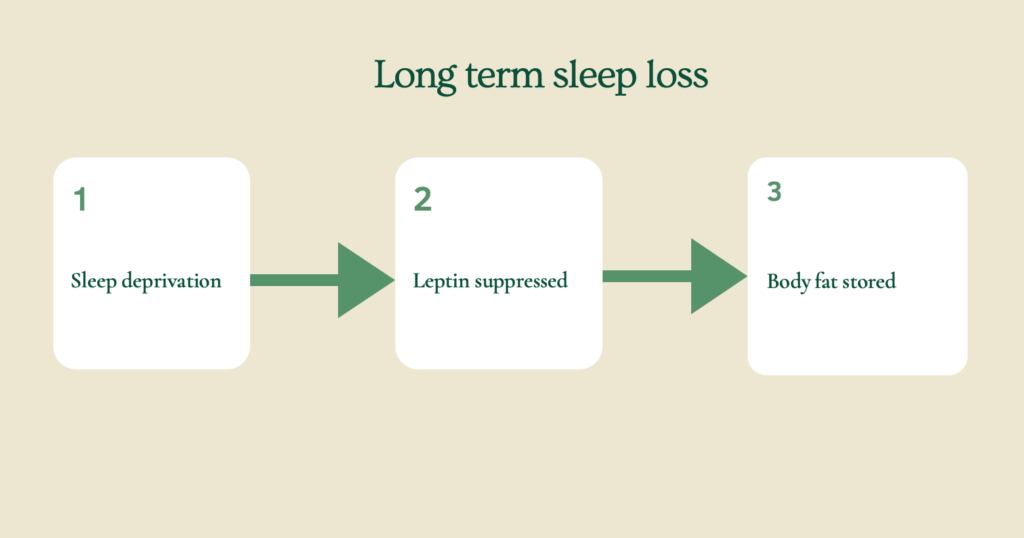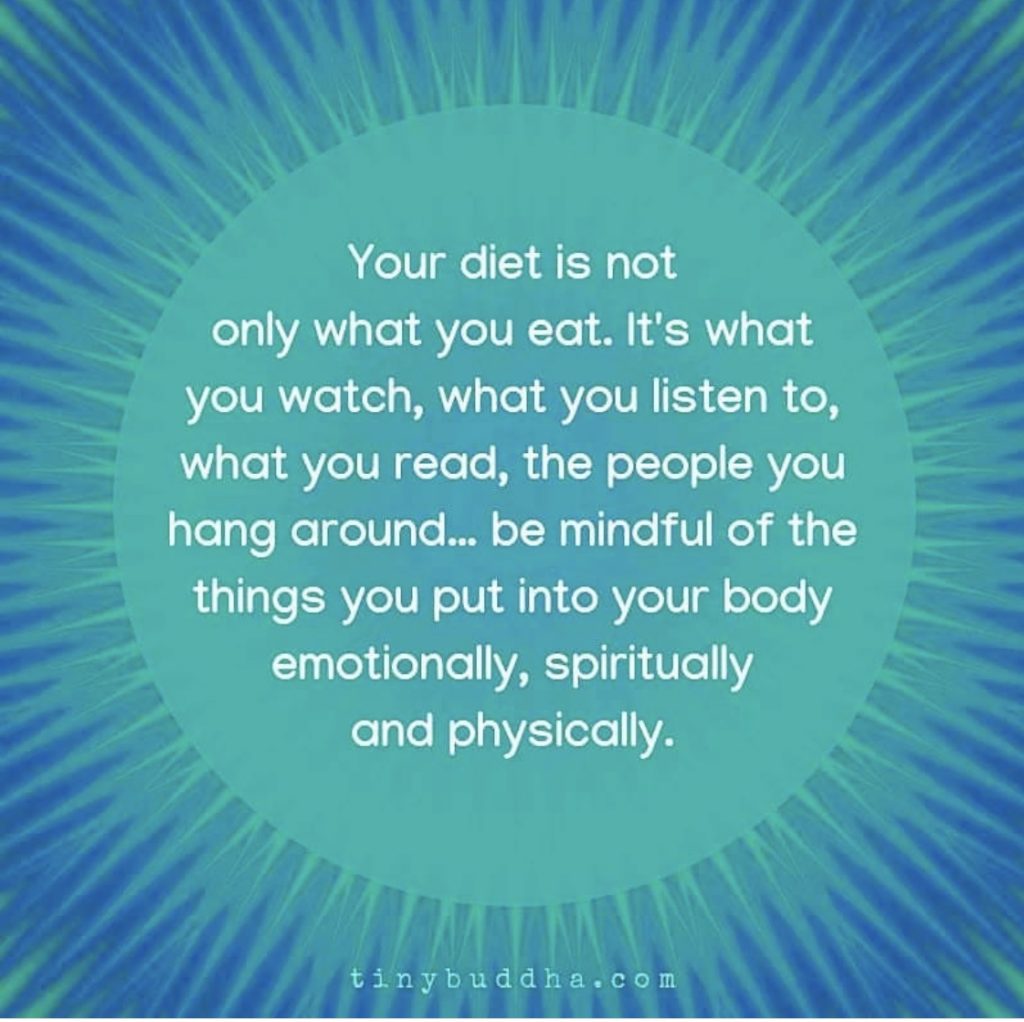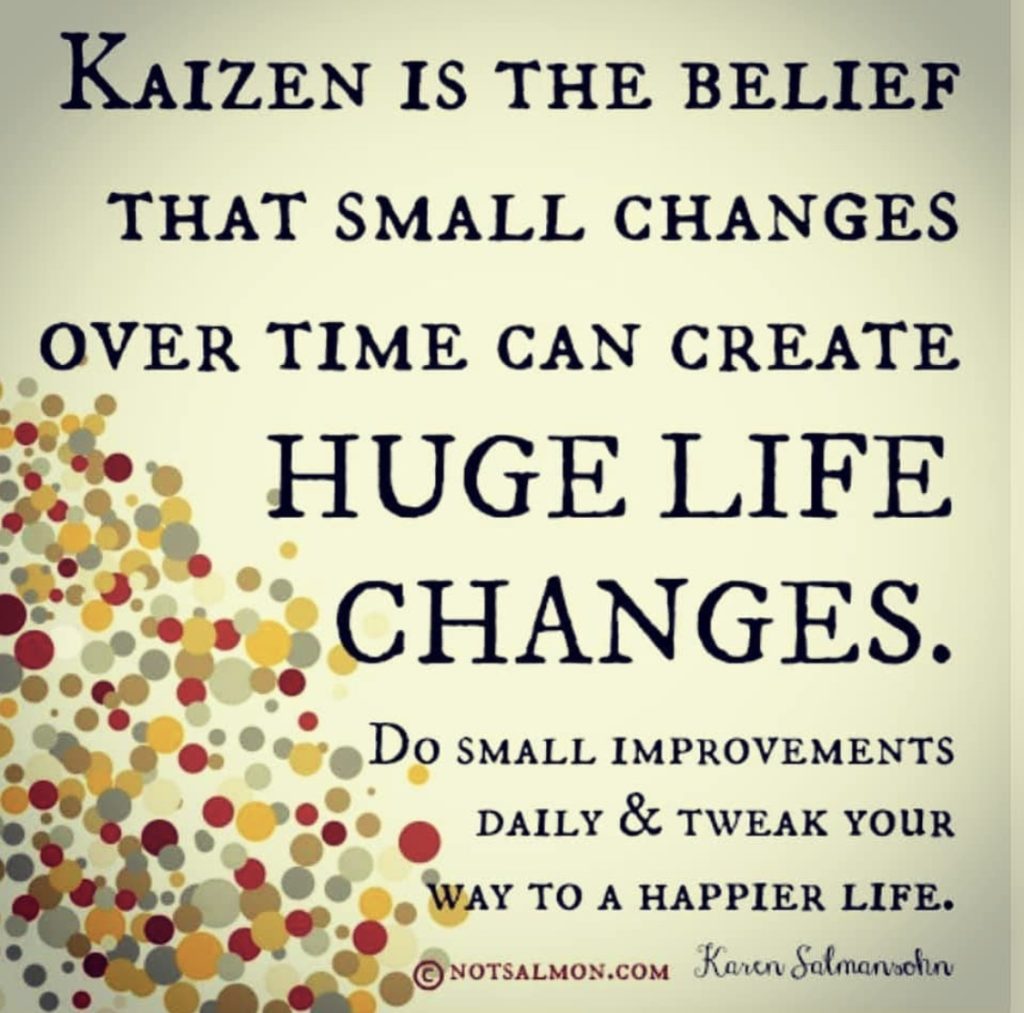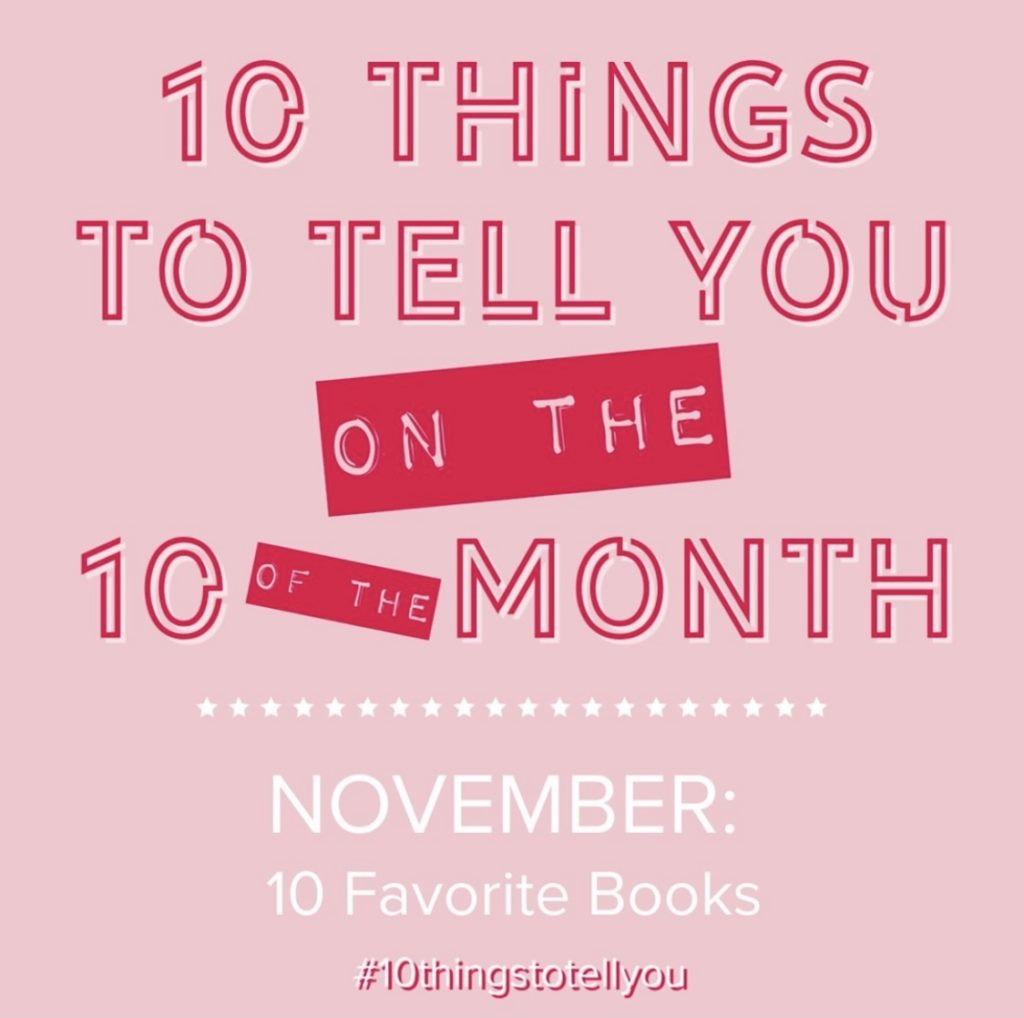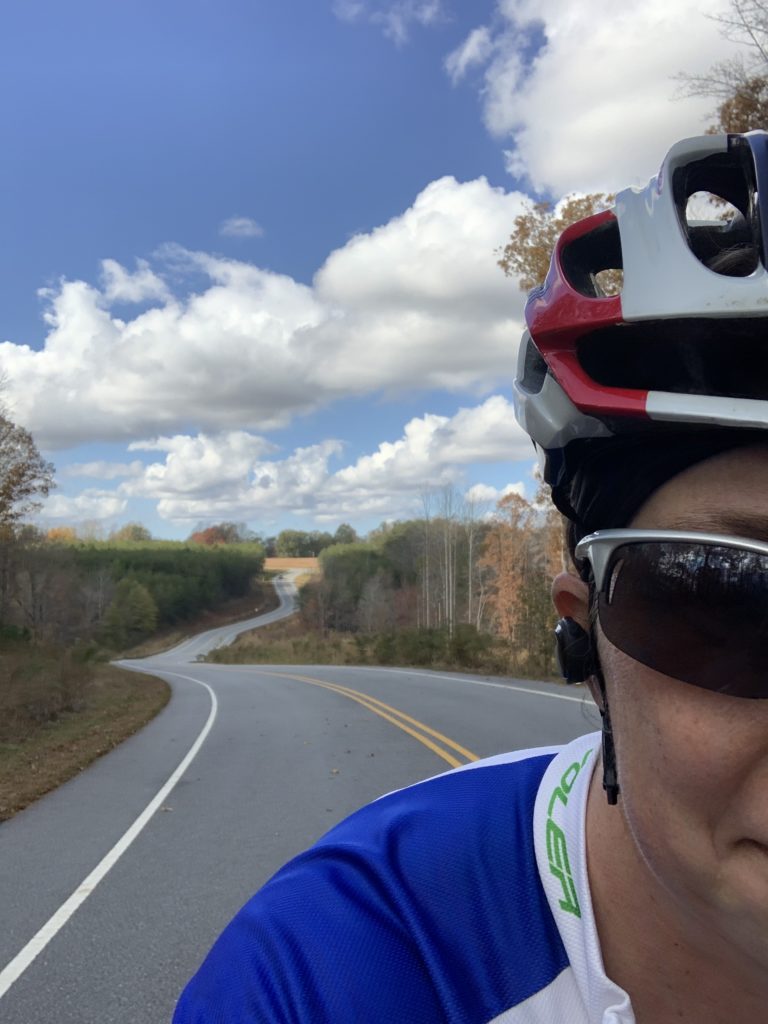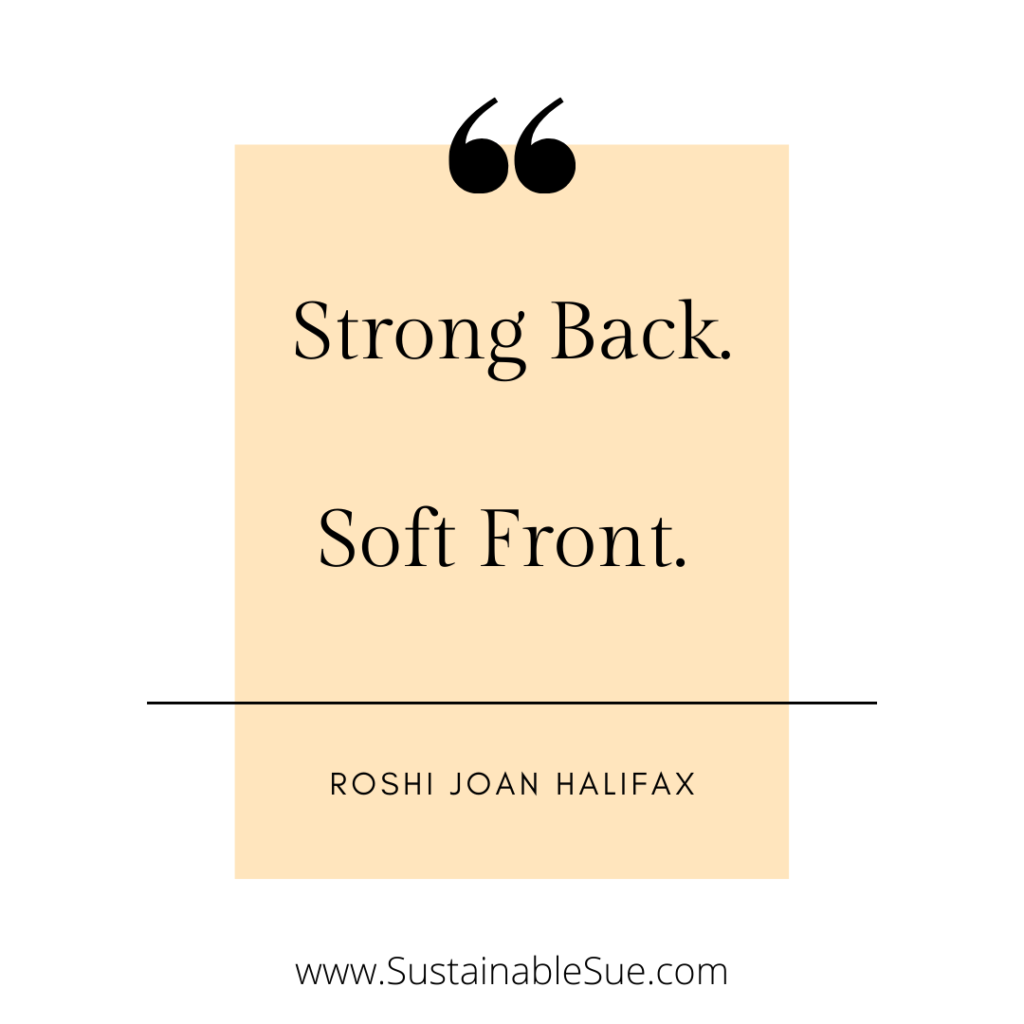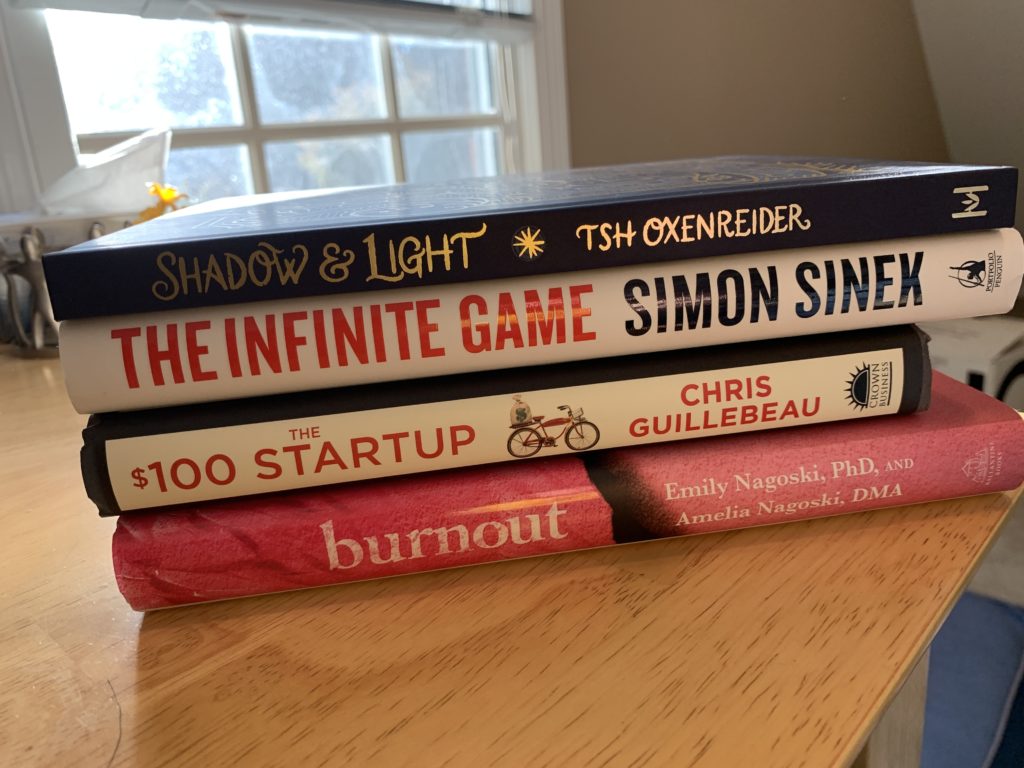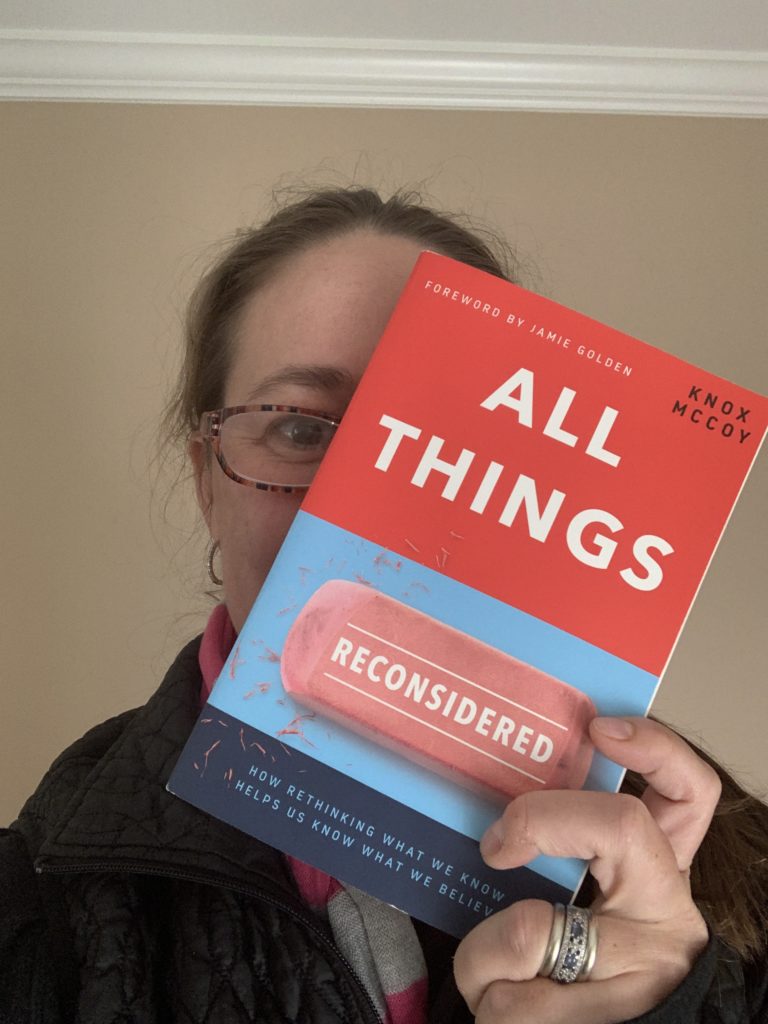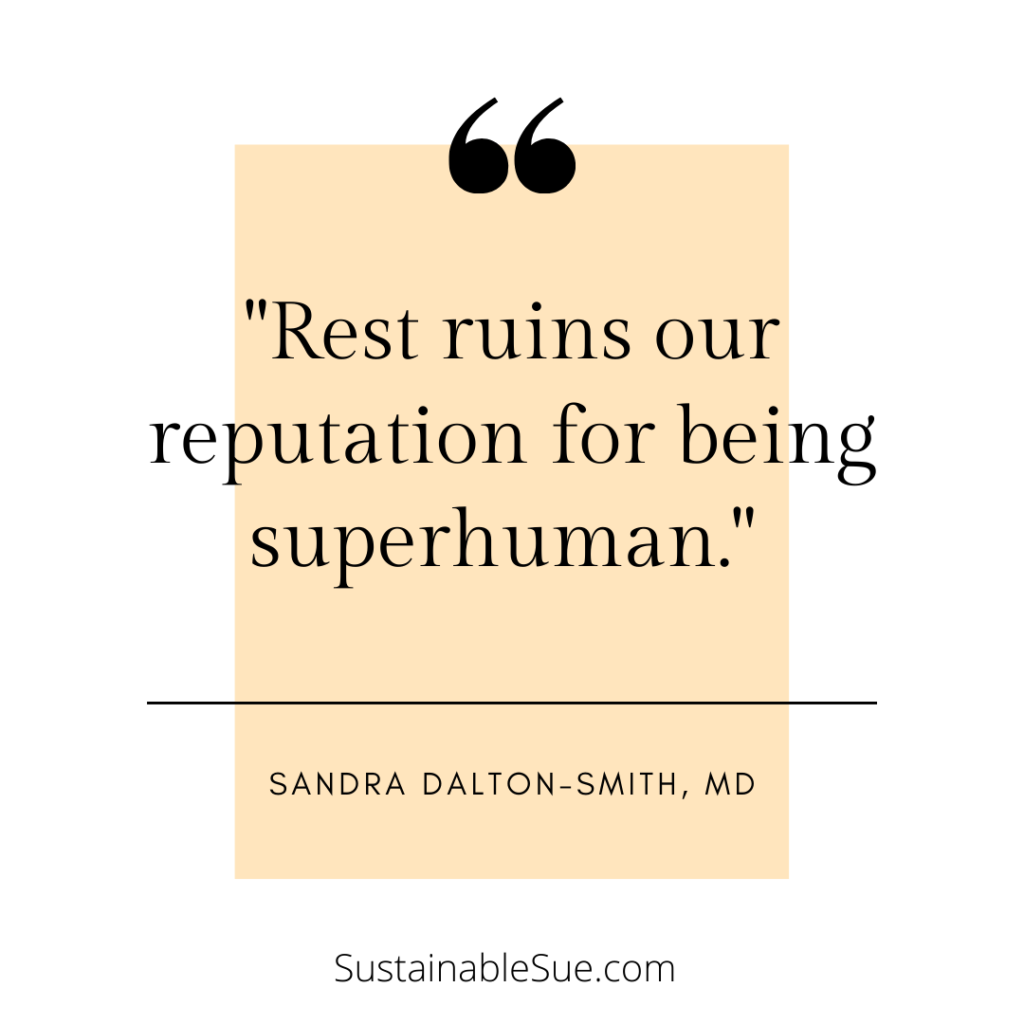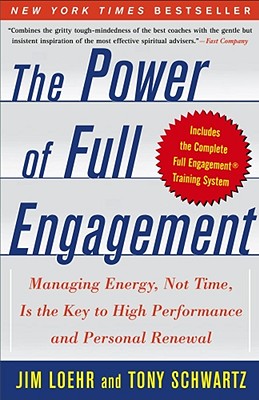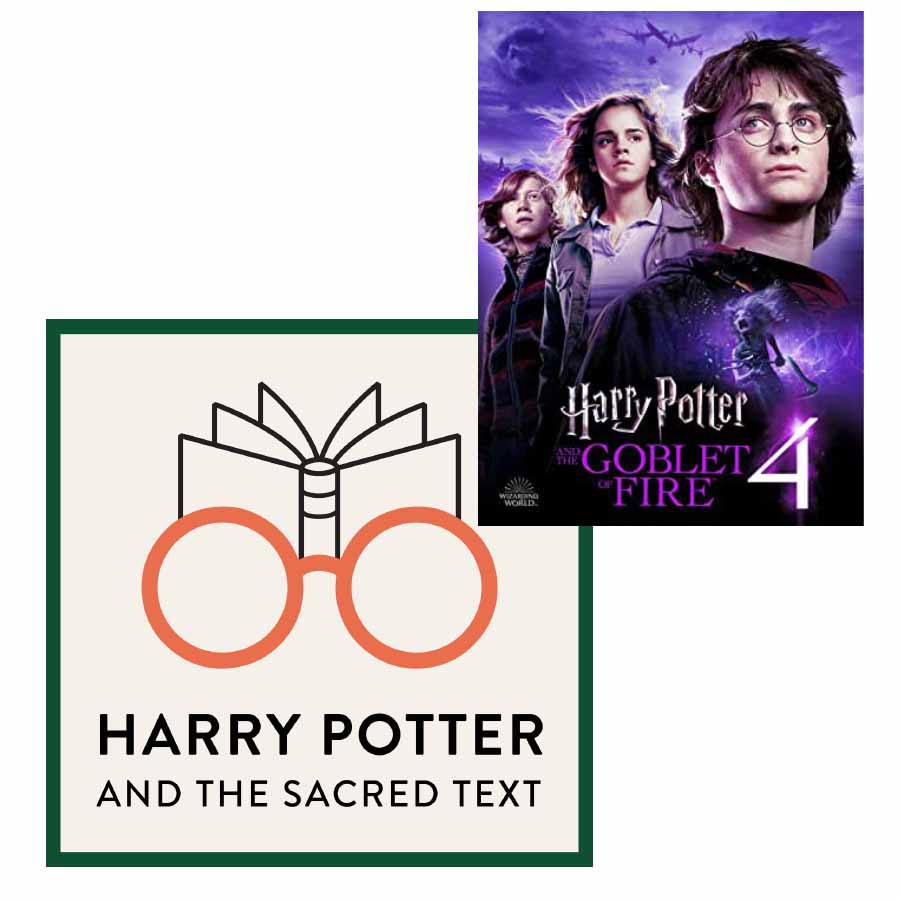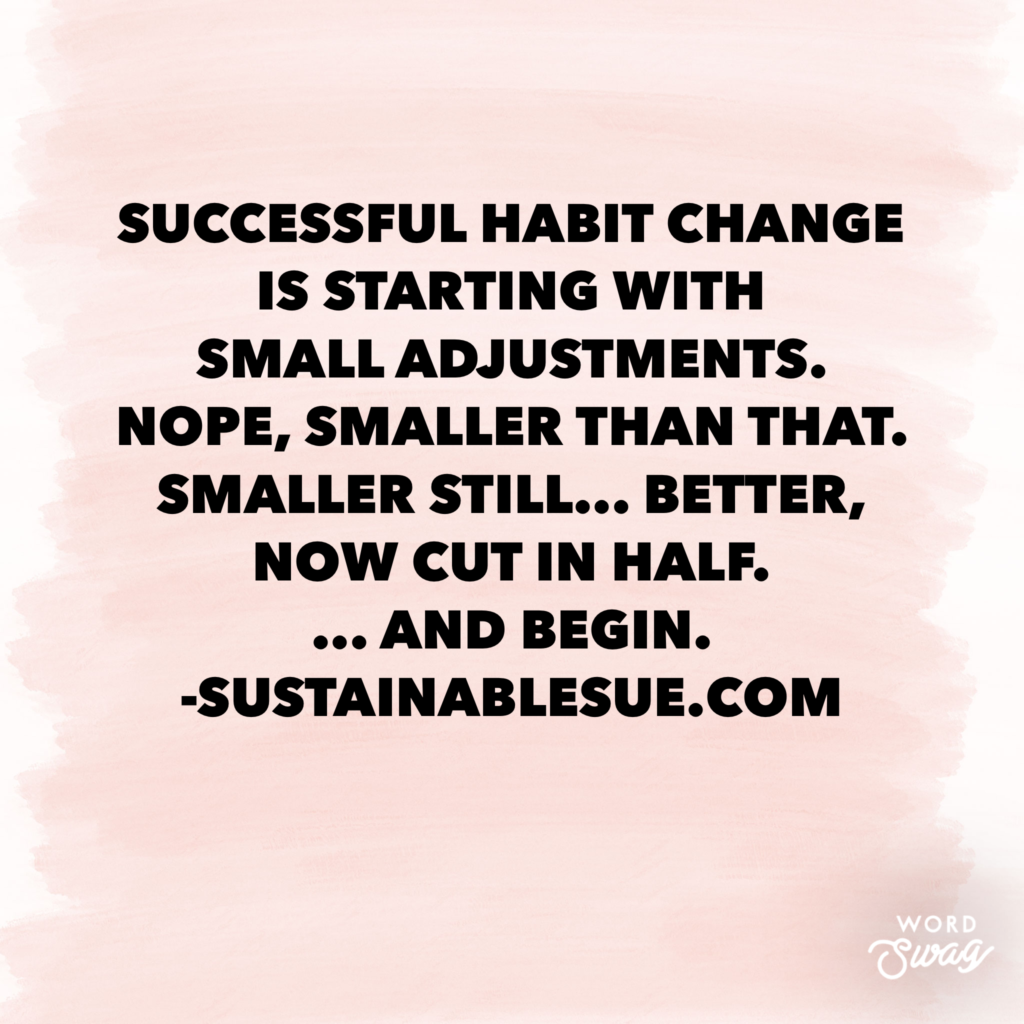Fundamental Reading Question # 1
I have recently been introduced to a couple book-related questions, and today I want to ask you Fundamental Reading Question # 1. But first a little about why I love even the EXISTENCE of fundamental reading questions.
My Bookish History
I have always been a Bookish Person. I come from a bookish family. When my sister and I were in elementary school my sister read the most books in the whole school for a book contest where we were rewarded with a balloon for each book we read. When it came time to release the balloons, she had so many I thought she would float away. [Note: This was the 80’s. Please don’t yell at me about the negative environmental impact of releasing those balloons. The 80’s had a negative impact on us all in so many ways.]
My mom was a voracious reader. Growing up she occasionally worked for a friend who owned a book store. We had a den that was lined on all four walls with books. We had inlaid bookshelves in our living room. She had stacks of books on her nightstand. When I went to be with her as she was dying, I played the audiobook version of Melinda Gates’s book The Moment of Life: How Empowering Women Changes the World as I sat by her bed for hours holding her hand. When it was over I had a 1-sided book discussion that included all the ways my mom empowered me to change the world. Although she was not responsive by that time, I believe she heard every word I said.
Growing up around bookish family members has helped me seek out bookish people to surround myself with in my current life as well. Knowing we have that bookish common ground gives us a head start on conversation – always a plus for an introvert.
My Bookish Present
Earlier this year my friend, Genay, asked me a couple questions about reading that we now refer to as Fundamental Reading Questions 1 and 2. Genay is the Founder of Renew Planner and is a deep thinker and sensitive soul. I was not surprised she asked me not 1, but 2 questions about reading that I have never been asked before AND that I had no answer to immediately.
After Genay knocked my socks off with her questions I had to go back to think about them. Fundamental Reading Questions cannot be left unanswered!
I recently I told you about my 10 favorite books. One of those favorite reads is the answer to Fundamental Reading Question 1 that I want to share with you today.
Fundamental Reading Question # 1
Here it is – Fundamental Reading Question # 1.
What book changed the way you thought about reading?
The answer to this question for me is Poisonwood Bible by Barbara Kingsolver. This was the first book I read with multiple narrators, each with their own voices and interpretations of events unfolding in a family drama. My memory is of reading it in the car on a ride somewhere with my family on vacation when I was in my early 30’s and not caring that I was being antisocial with my nose buried in my book. I also remember being sad when we got to whatever sight seeing destination. All I wanted to do was read this book.
This changed the way I thought about reading because I had gotten away from reading in my 20s. I was in grad school at the start and only reading assigned texts and the hundreds of associated journal articles. Then early in my professional career I was obsessed with self-improvement and only read non-fiction. For example, books about communication and emotional intelligence. When I started business school, topics changed to corporate culture and successfully managing people and teams. Needless to say this was not reading for “fun” – more like survival because I was desperate to keep up with my classmates and colleagues. When my mom, sister, and I would get together and swap books, they NEVER wanted the ones I brought to the swap. But reading Poisonwood Bible really ignited my love for fiction and pleasure reading again.
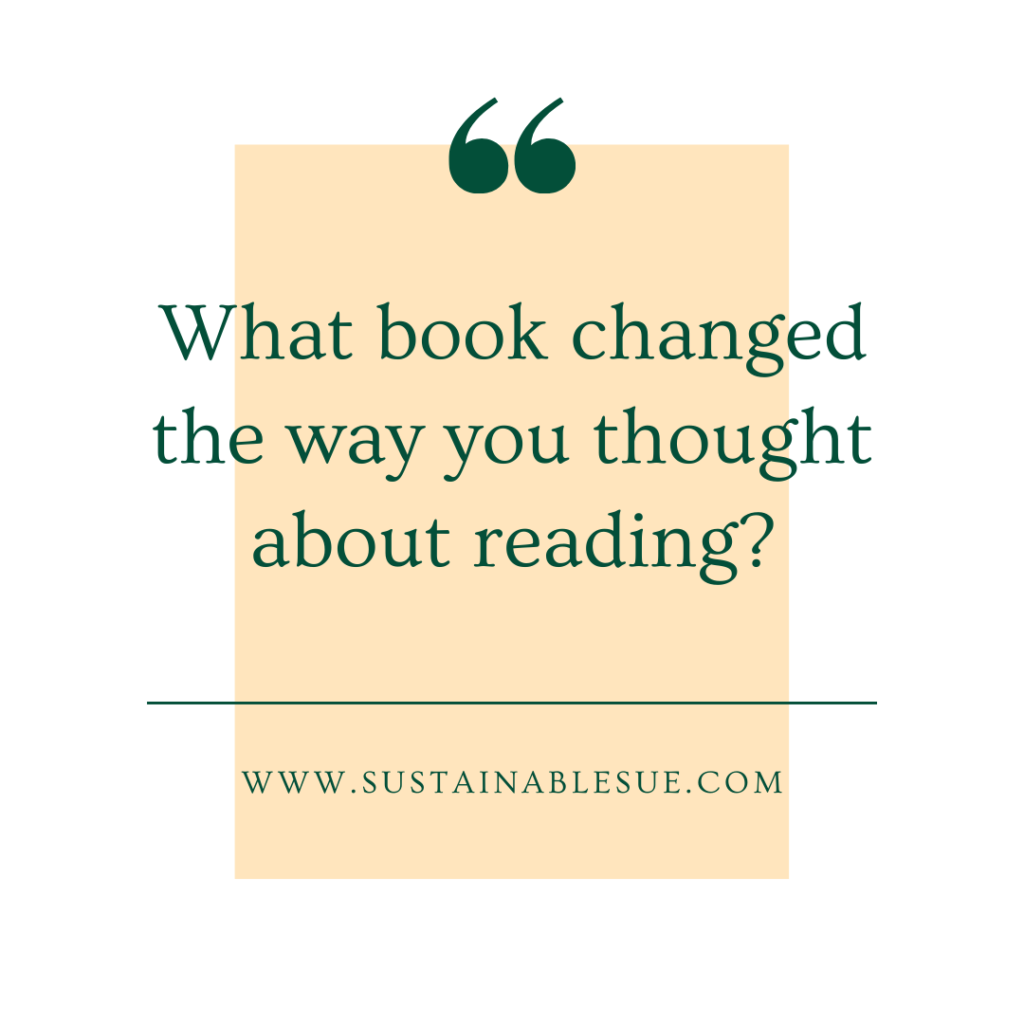
If You Are Not a Reader
I believe books are like exercise – if you don’t like it, you just have not found the right thing yet. I encourage you to keep trying different options. Comic books, thrillers, fiction or non-fiction. Audiobooks, e-books, or traditional. There are lots of entry points.
Here is a truth bomb – I am raising 2 non-readers. Both of my kids hate to read. It is one of the saddest realities of my existence as a parent. But I have not given up on them. They are in a season where they are forced to read what other people (i.e. school) want them to. I am giving them space in this season. Maybe you need some space if you have not found your book thing yet.
But maybe books are just not your thing – you’ve tried. I accept that for today, but I cannot encourage you enough to FIND a thing. Life is coming at you fast and hobbies give you a much needed respite and recharging. Hobbies can give you a way to connect with people – maybe coming up with a fundamental question of your own.
I will write about Question #2 in a few weeks, but in the meantime I would love to hear your answer to Fundamental Reading Question # 1. What book changed the way YOU thought about reading?
